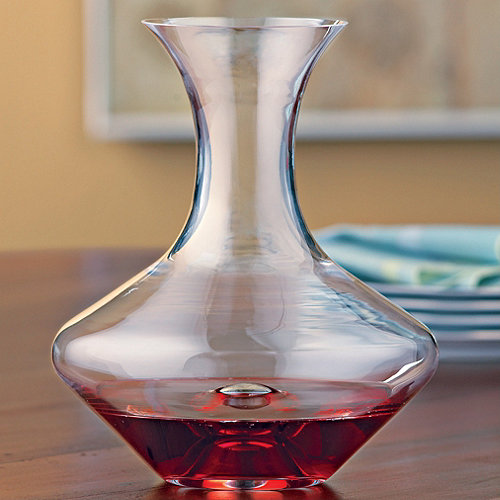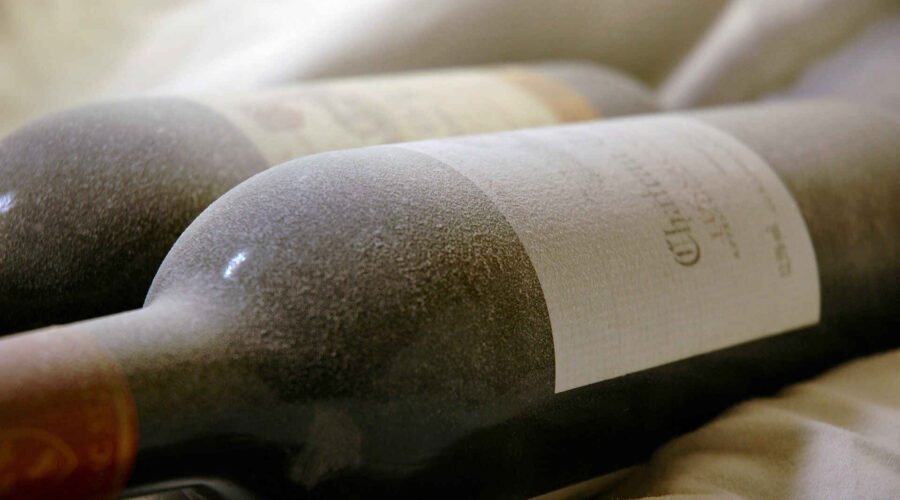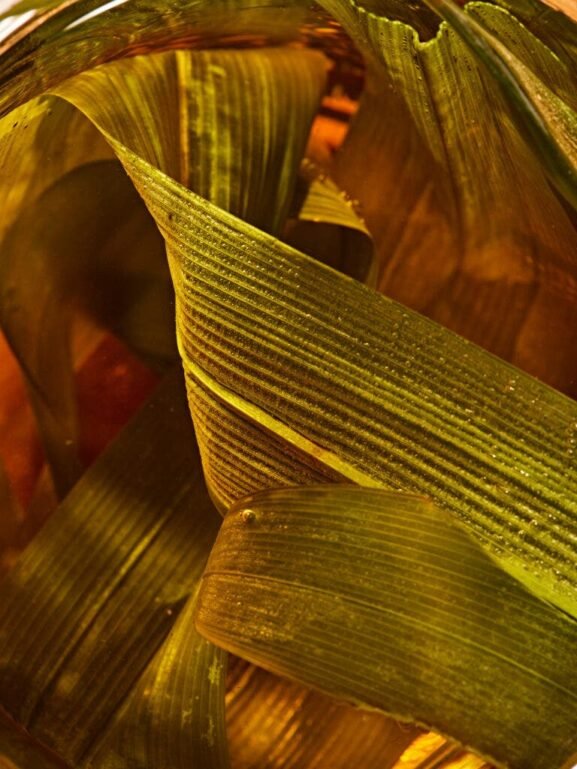Does Wine Go Bad? An Explainer
There are so many ways we examine wine to determine how good it is and how much better it could be with aging. Of course, gauging whether wine is good often leads drinkers to question if wine is, well, bad.
Spoiler alert: Yes, wine can go bad. Sometimes, it may even be bad before it went into the bottle. Here’s everything you need to know.
How Do You Know If Wine Has Gone Bad?
Many things can happen, from the winemaking process all the way through bottling, that can trap off odors and flavors in the wine. Sometimes, a wine can turn to the dark side due to how it has been treated once off the shelf.
What Happens If You Drink Expired or Bad Wine?
Don’t worry, it’s not like eating bad chicken or fish. You won’t end up with wine poisoning, just a disappointing drinking experience.
Why Does Wine Go Bad?
Overall, there are three main reasons that a wine goes bad:
Flaws/Faults. If you’ve ever heard someone say that this wine is “corked,” that it has “Brett” or seems “volatile,” these are all different ways of saying that a wine is flawed to some degree.
When a wine has that smell reminiscent of wet cardboard or moldy basement, it is typically from TCA contamination of the cork, also known as 2,4,6-trichloroanisole. If a wine comes off with a barnyard, bandage or possibly manure—yep, poop—quality on the nose, it has been affected by Brettanomyces, affectionately referred to as “Brett” in the wine world. And if you have ever heard someone say “this smells like vinegar” about a wine, chances are that it has excessive levels of volatile acidity (V.A.), which can also be perceived as an odor reminiscent of nail polish remover. In lower levels, however, Brett and V.A. (even though they are flaws) can be considered to add a charming or compelling characteristic to certain wines.
Improper Storage. The biggest enemy of wine is heat (others include lack of humidity, U.V. rays from light, vibration and odors). If wine is exposed to heat for prolonged periods of time, the wine can get “cooked.” When this happens, the fruit will lean towards the baked/stewed side of the spectrum instead of being fresh and vibrant, or the wine may come off as dull or non-expressive.
Sometimes with older wines this is harder to sense, since fruit can develop and take on some of those baked qualities. One sign to look for is the cork being slightly pushed out of the bottle and a raised capsule. But if you are still not sure, decant the bottle. Sometimes that a bit of oxygen can invigorate a wine, even if it has seen a bit more oxygen than desired. But other times, that wine has just gone bad. This is one of the many reasons that proper wine storage is of the utmost importance in ageing wine.
Oxygen. The love/hate relationship with wine and oxygen is a tale as old as time. Wine needs some oxygen at almost all levels of its life cycle. Even during the winemaking process, if there is not enough oxygen present, the wine can have a “reduced” quality that exudes unwelcome aromas of rotten eggs, onion and cabbage. However, once the wine is bottled, if there is a lack of humidity in the storage environment the cork can dry out and allow oxygen into the wine. This is easily detectable as the wine will appear tawny in color and smell bitter or like balsamic vinegar.
How Long Does Wine Keep Once Opened?
Depending on the form of preservation and it being stored in the proper climate, wine can last days/weeks (air vacuum) to weeks/months (inert gas) keeping the wine fresh and lovely, in lieu of it turning to the dark side.
But disaster can strike if an opened bottle of wine is left out too long without a proper preservation device, such as Somm du Vin, Coravin or VacuVin). That beautiful bottle of Bordeaux that you just opened and enjoyed a glass from? It’ll turn quickly—and effectively start turning to vinegar—if the excess air is not removed or an inert gas is not used to protect the wine.
This is all to say: Much of what makes wine go bad is out of a consumer’s control, but there are certainly best practices that can help keep good wine great.
-
Hermitage Wine Storage Credenza
-

Fusion Wine Decanter
Published on November 25, 2022


